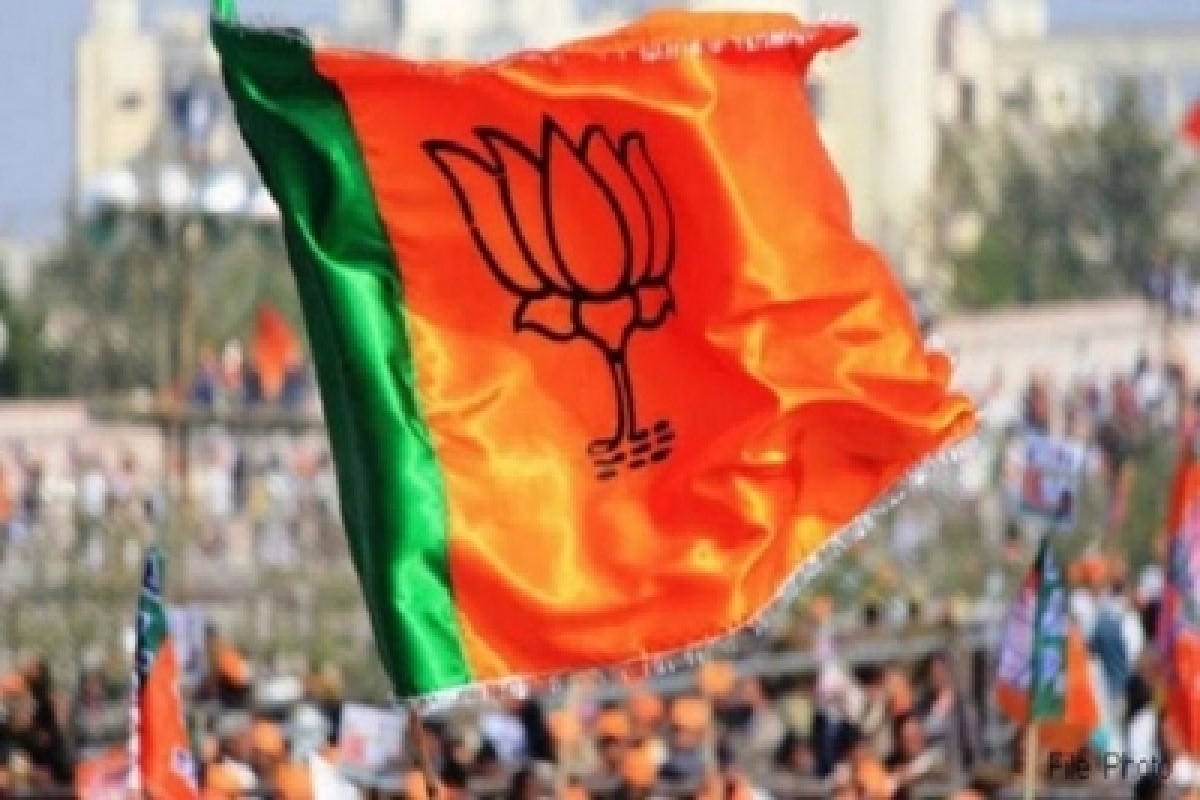Prakash Javadekar sought help from CPI-M for BJP’s win in Thrissur: Dallal Nandakumar
Speaking to media persons in Alappuzha, Shobha Surendran revealed that EP Jayarajan held discussions with her and other party leaders on joining the BJP.
Reiterating the need for early elections to J&K Legislative Assembly, Singh said that any delay in this regard would not only amount to subversion of democracy but also violate various orders of the Supreme Court.

File Photo
Aam Aadmi Party (AAP) leader, Harshdev Singh on Sunday sought end of the “proxy rule of BJP led central government” that has completed four years in Jammu and Kashmir with no formal announcement of restoring democracy in the erstwhile state that has been reduced to a UT.
In a statement, Singh said having failed to deliver and redeem its promises, the BJP has continued to dilly dally over the issue of elections on one pretext or the other.
And having further antagonized its own electorates as well, the BJP was trying hard to buy time and thereby resorting to delay and deny tactics over the issue of conduct of Assembly elections in J&K.
Advertisement
Reluctant to face the people in the wake of its multiple betrayals, it preferred repeated postponement of polls and continuation of its proxy rule in the UT”, said Singh.
Reiterating the need for early elections to J&K Legislative Assembly, Singh said that any delay in this regard would not only amount to subversion of democracy but also violate various orders of the Supreme Court. “The people could not be deprived of their democratic rights in the state only for the political inexpediencies of the ruling party at the centre by taking to frivolous excuses”, said Singh.
He said that a full-time elected government was a must to deal with the armed insurgency in the erstwhile state besides coping with the multiple issues confronting the UT. Terrorism that had erupted in the early 90s in J&K had gradually subsided after the formation of an elected government in the state.
It had almost died down during popular governments but unfortunately got revived during the centre’s proxy rule. Any delay therefore in handing over power to the sons of soil through free and fair elections could prove counterproductive and further complicate the already volatile situation in the UT, said Singh.
Pointing toward the growing tensions in various parts of the UT and the failure of the administration to come up to the peoples’ expectations, Singh said that bureaucratic rule was no answer to the prevalent crisis.
The LG administration had lost connection with the masses. The unemployed, semi-employed, and contractual were on the roads with none to even take note of their sufferings and grievances.
Advertisement